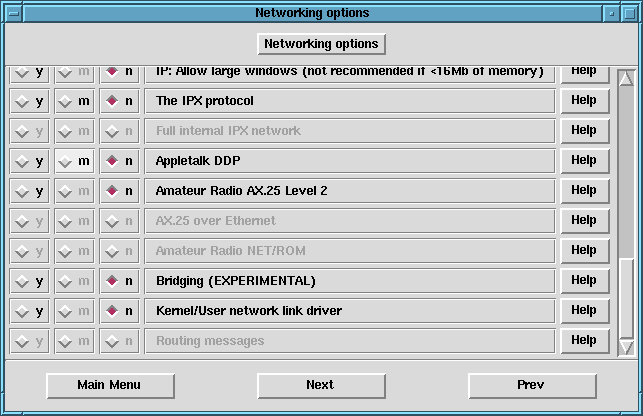


PKG_SOURCE:= $( PKG_NAME)- $( PKG_VERSION).tar.gz

If you already have a binary package from another distribution, you can use alien to convert it.# Based partially on (wongsyrone/hbl0307106015) versions Converting a binary package from a different format The script to be executed after installation is called postinst. You need at least a control file with the fields Package, Maintainer, Priority, Architecture, Installed-Size, Version, and any necessary dependency declaration.
#Netatalk binary package archive
If you don't have the Debian tools, build an archive of the files you want to package called, a separate archive of the control files called (no subdirectories), and a text file called debian-binary and containing the text 2.0. In the directory containing the data to install, add a directory called DEBIAN at the top level, containing the control files and maintainer scripts. If you have the Debian tools available, use dpkg-deb to construct the package. You don't need these if you're only going to use the package in-house, but it's better to have them. You make sure that your package installs the expected files /usr/share/doc/copyright (containing the license of the package contents, as well as where to find the latest version of the package) and /usr/share/doc/ (containing the changelog of the deb package). It is described in the Debian Policy Manual, in particular ch. 3 (format of binary packages), ch. 5 (control files), ch. 6 (installation scripts) and appendix B (binary package manipulation). If you decide to make a binary package directly without building it from a source package, which is not really easier because there aren't as many tools to facilitate the process, you'll need some basic familiarity with the format of deb packages. deb package (remove -us -uc if you want to sign the package with your PGP key). Run dpkg-buildpackage -rfakeroot -us -uc to build the.
#Netatalk binary package update
If you later update your package, run debchange -i to add a changelog entry or edit the file in Emacs (with dpkg-dev-el installed). Rename debian/postinst.ex to debian/postinst and add your post-installation commands there. Edit debian/changelog to remove the reference to an ITP (that's only relevant if you're working for the Debian project).Edit debian/copyright to add license information about your package and information on where to get the latest version (if relevant).If you just need to copy some files and not to compile stuff, just edit the file debian/install to specify which files need to be installed where.
#Netatalk binary package install


 0 kommentar(er)
0 kommentar(er)
